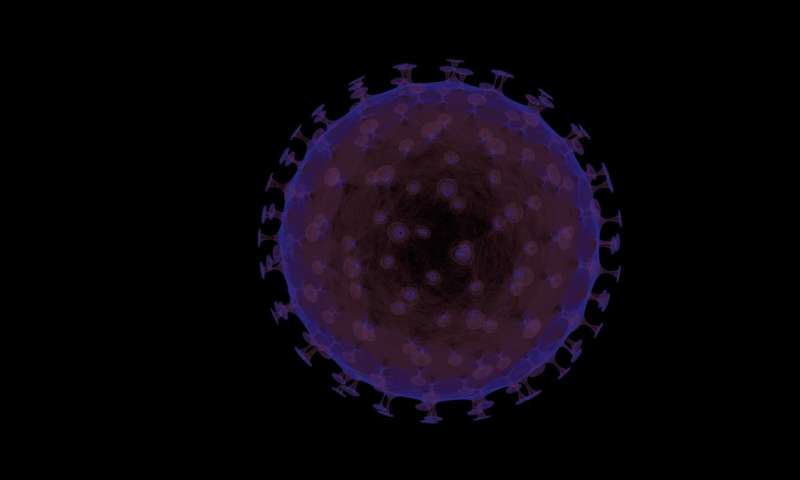
Iran said its novel coronavirus infections surpassed one million cases on Thursday, as the authorities consider easing restrictions in many parts of the Middle East’s hardest hit country.
The Islamic republic has recorded 1,003,494 COVID-19 infections since announcing its first cases in February, ministry spokeswoman Sima Sadat Lari said on state television.
The novel coronavirus has killed 49,348 people in Iran over the same period of time, according to official figures.
But by the admission of some officials, including Health Minister Saeed Namaki, these figures are much lower than the actual number.
In the past 24 hours the virus caused 358 new deaths in the country with a population of more than 80 million, and 13,922 new cases of infection, Lari said.
The number of fatalities, however, appears to have slightly eased in past days after soaring to a daily average of more than 400 for much of November.
COVID-19 first surfaced in Iran on February 19, when authorities said it claimed the lives of two elderly people in Qom, a Shiite holy city south of the capital.
They were the first confirmed deaths from the disease in the Middle East.
In response, the authorities have taken a series of measures aimed at halting the spread of the virus.
Faced with the dual challenge of US sanctions and the pandemic, however, they have never imposed full lockdowns for fear they would cause further damage to Iran’s economy.
US President Donald Trump has imposed wave after wave of sanctions on the Islamic republic since 2018, when he unilaterally withdrew from the Iran nuclear deal.
Despite not imposing lockdowns, non-essential businesses were closed for two weeks in areas at the highest risk on November 21, reinforcing restrictions President Hassan Rouhani said were needed to curb a “third wave” of the outbreak.
The measures apply to the vast majority of cities across Iran, including Tehran and the country’s 30 other provincial capitals.
Iranian vaccine
Like most countries affected by the pandemic, Iran—which began developing its own vaccine in the spring—is awaiting the availability of a vaccine against the virus.
Namaki announced on Wednesday that an Iranian company had “obtained a licence to test a vaccine on humans”.
Minou Mohraz, a medical epidemiologist with the National Coronavirus Control Committee, announced this week that an animal testing phase has been completed.
They have yet to specify when testing will be carried out on humans.
But Namaki said that if the step was successful, “we will be one of the major producers (of COVID vaccines) in the region by early next spring”.
Iran had “pre-purchased” about 16.8 million vaccine doses “via Covax”—the World Health Organization’s (WHO) mechanism for equitable access to vaccines, he was quoted as saying on the ministry’s website, without specifying which one.
In theory, medicines are exempt from the US sanctions, but in reality international banks tend to turn down transactions involving Iran to avoid being exposed to potential litigation.
The authorities recently declared they have the greatest difficulty in the world to obtain winter flu vaccines.
In the past few days, health authorities in Iran have indicated that restrictions would soon be eased in several parts of the country, including Tehran.
Alireza Zali, who is in charge of coordinating the response to the pandemic in Tehran, said on Wednesday that the risk level in the capital would be eased to medium from high from Saturday.
Source: Read Full Article